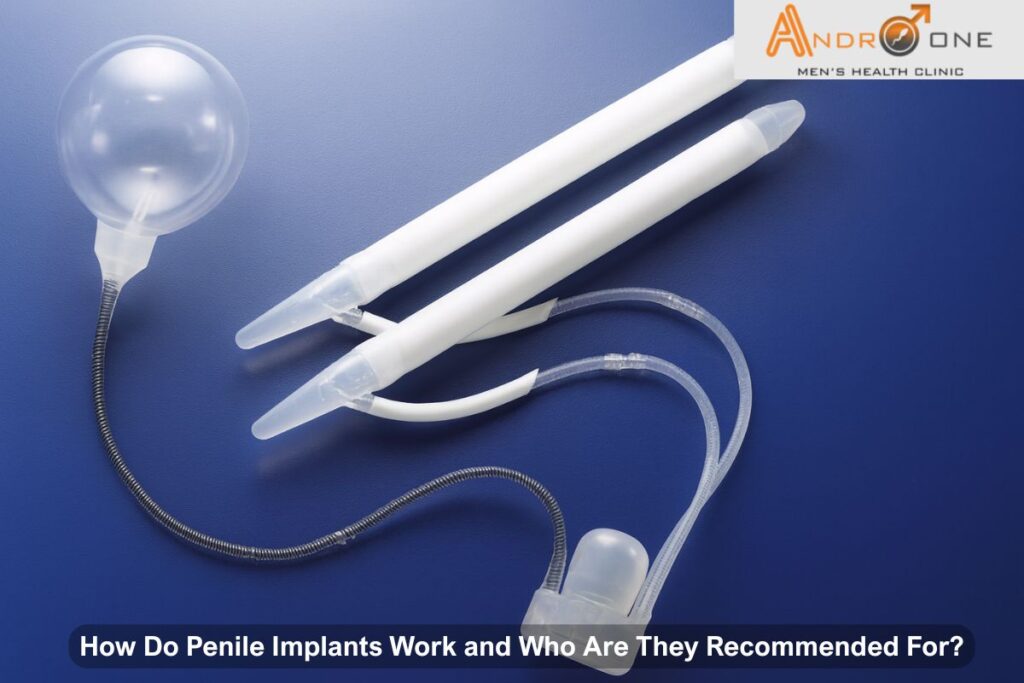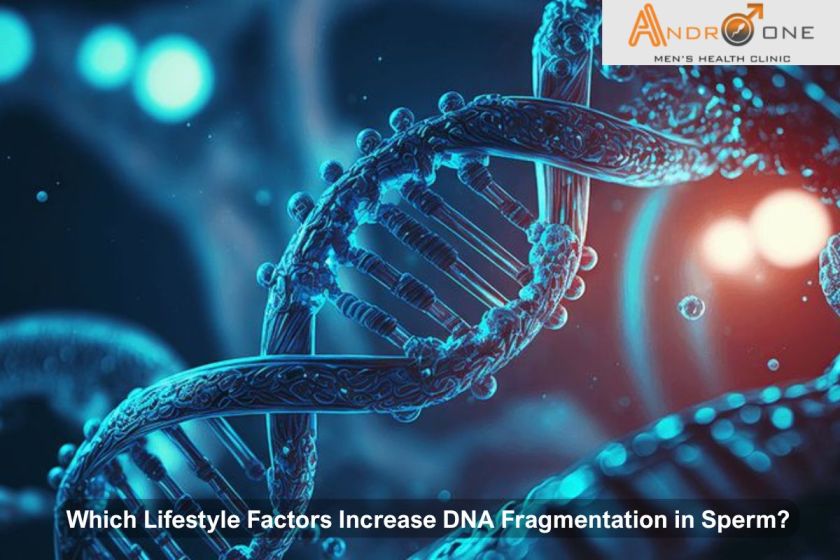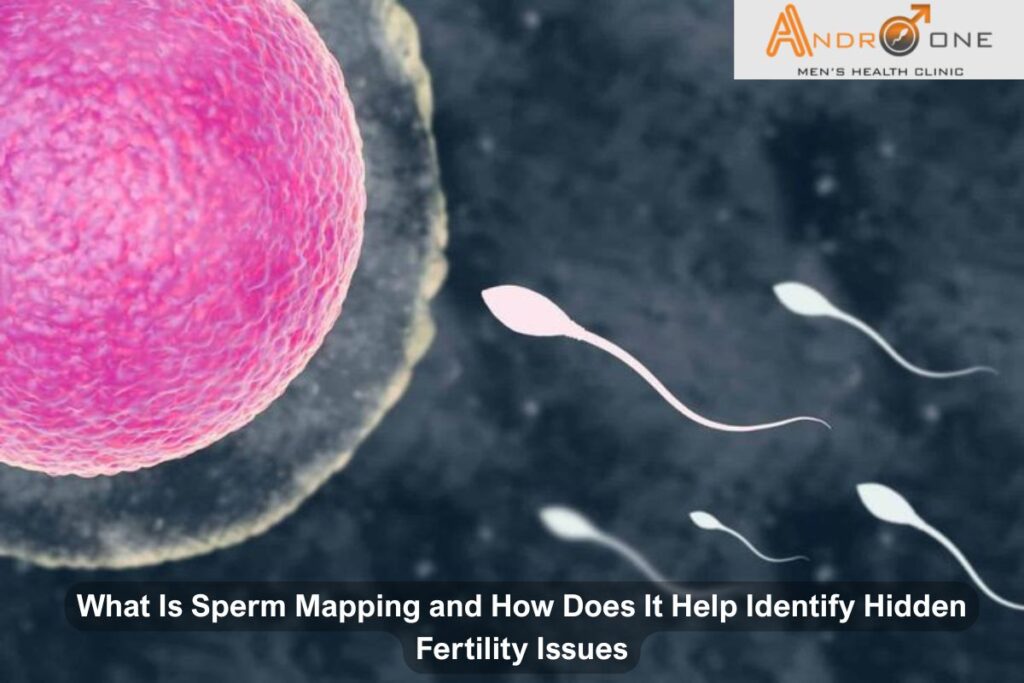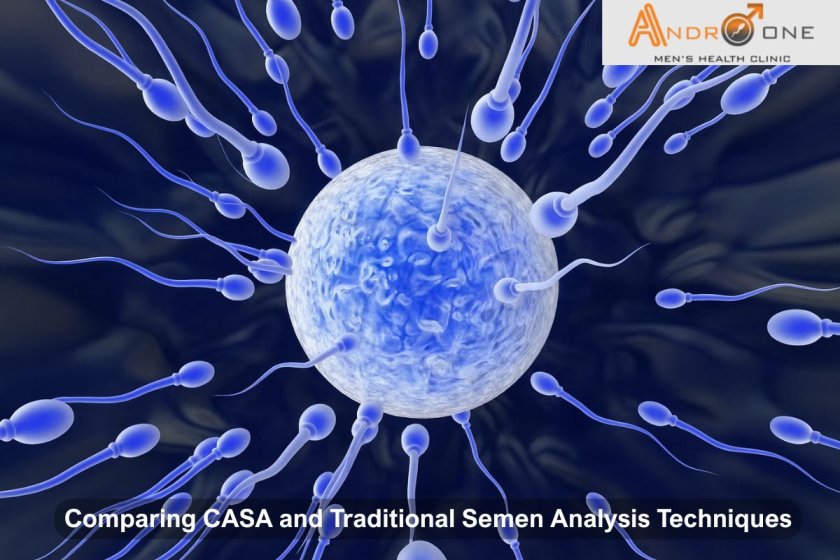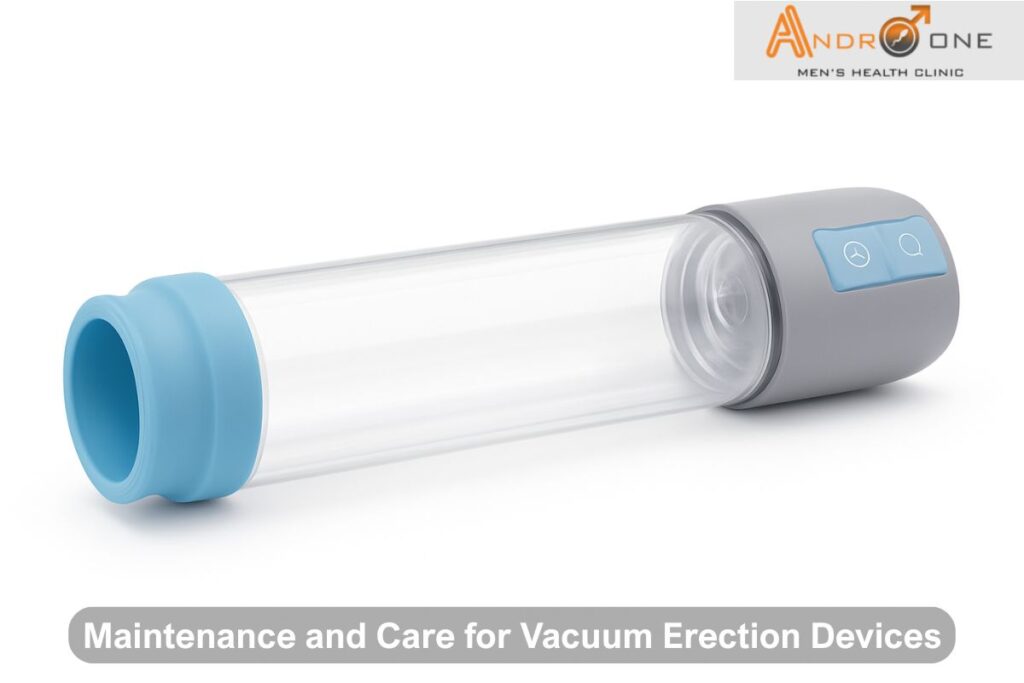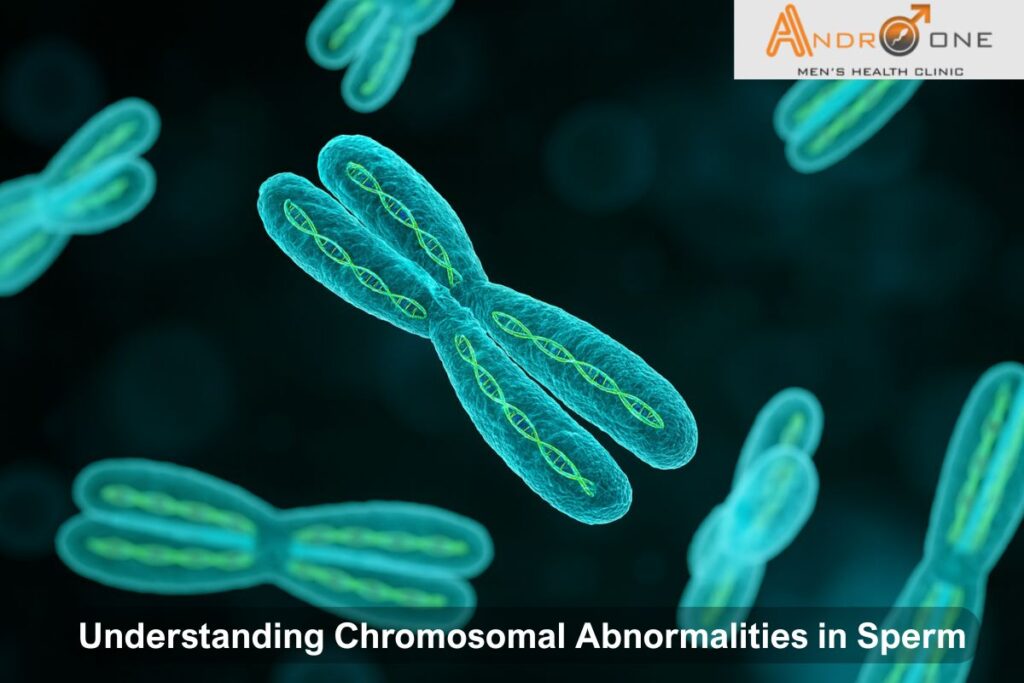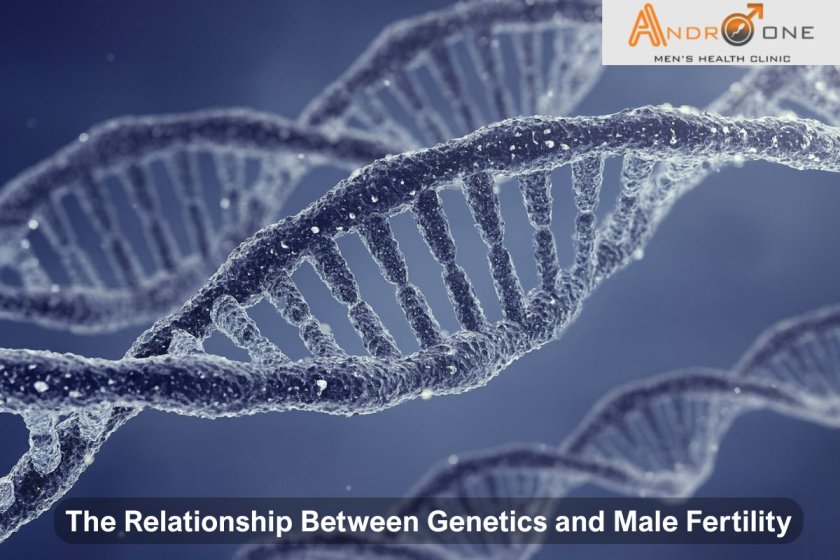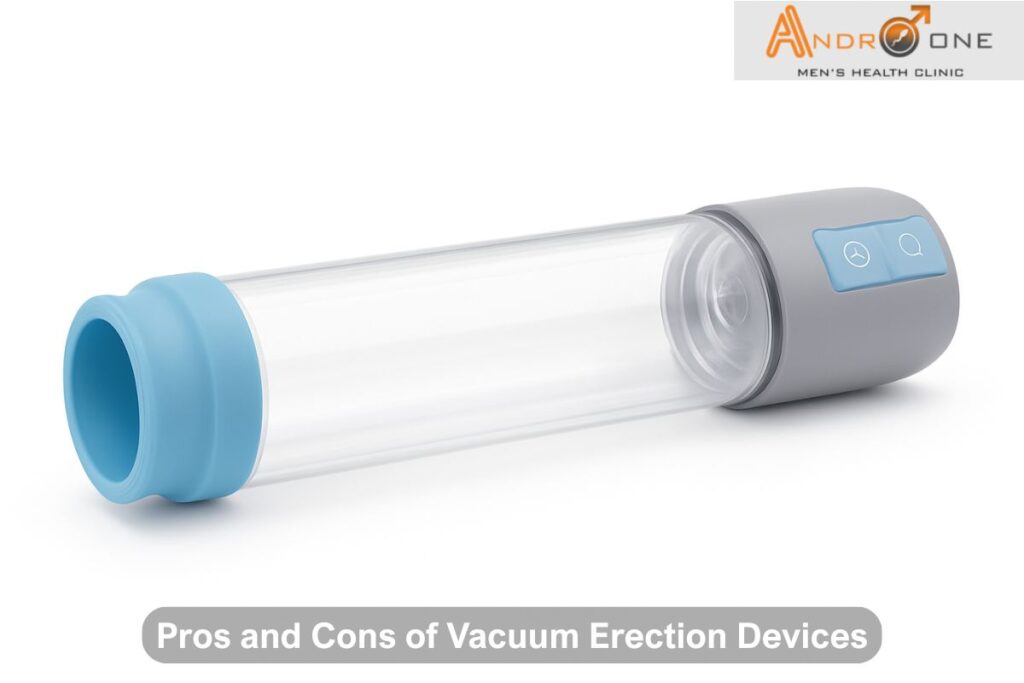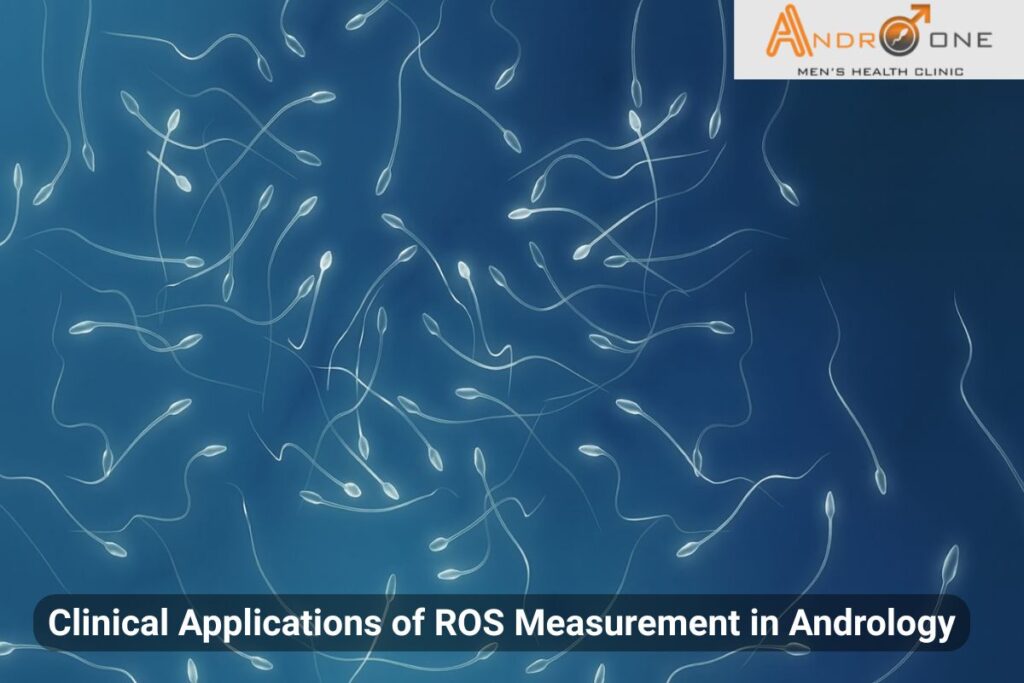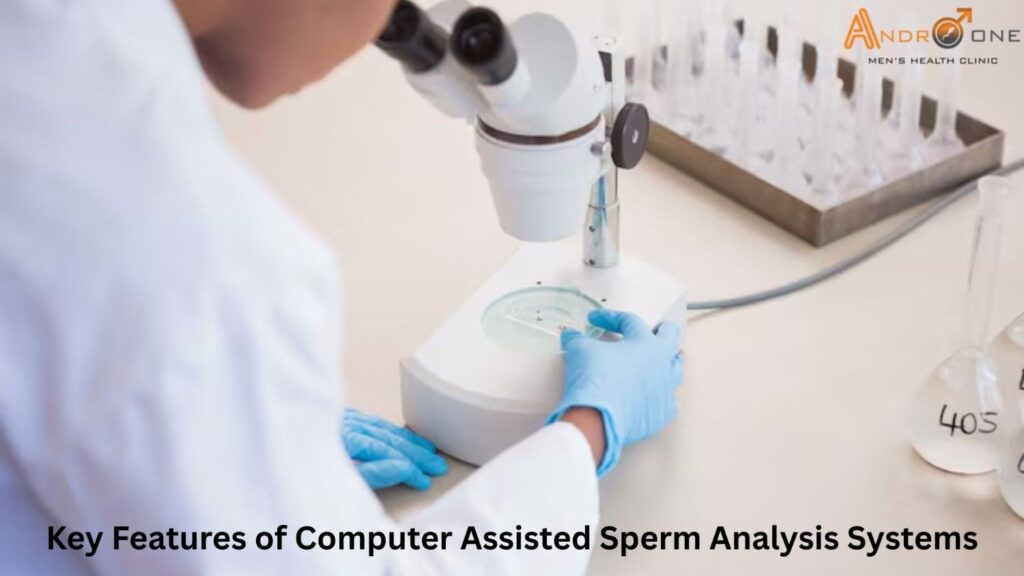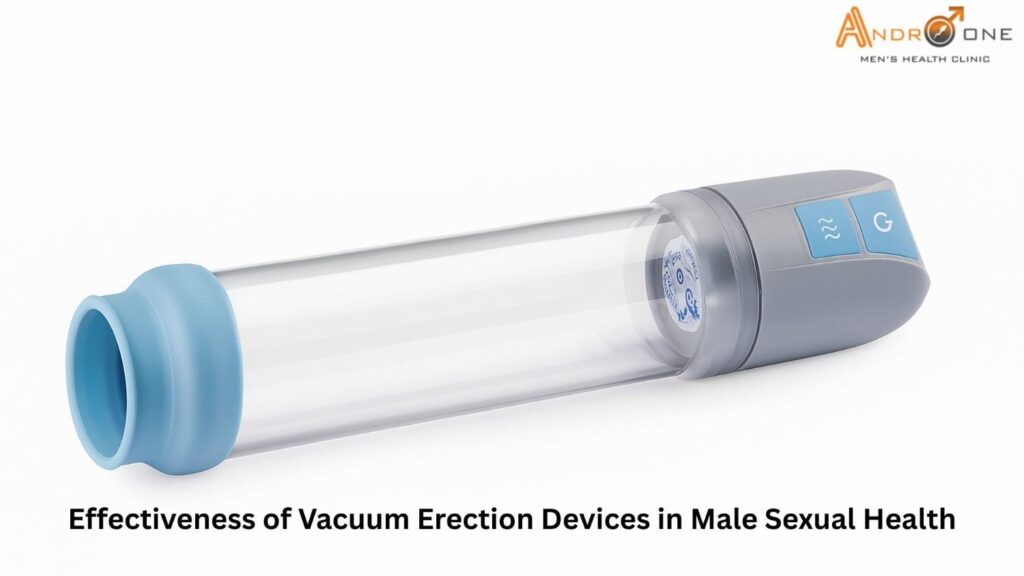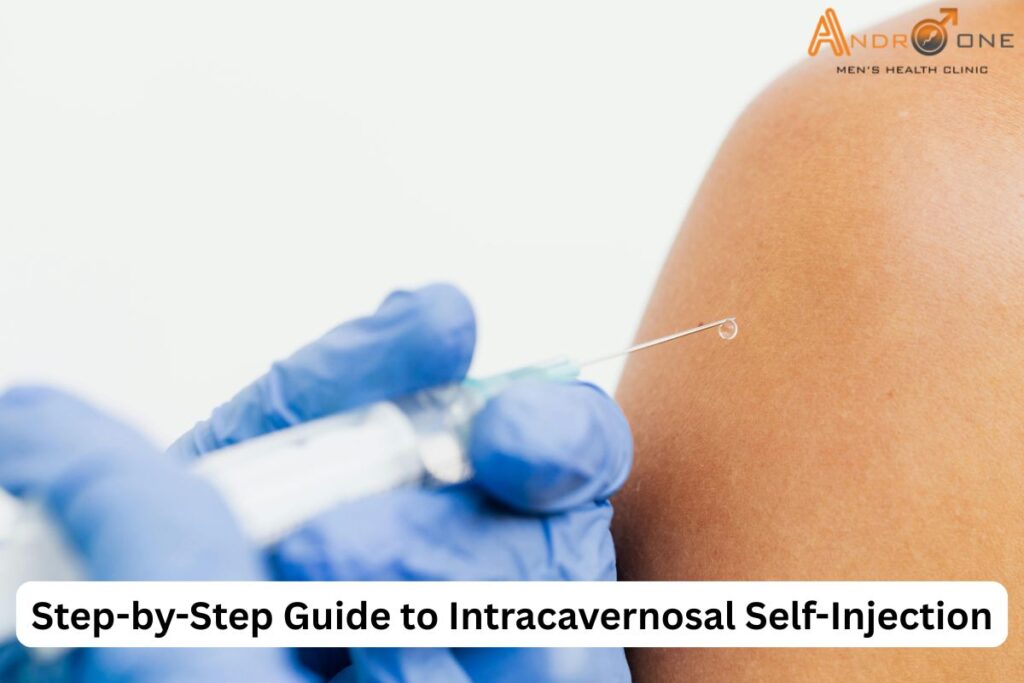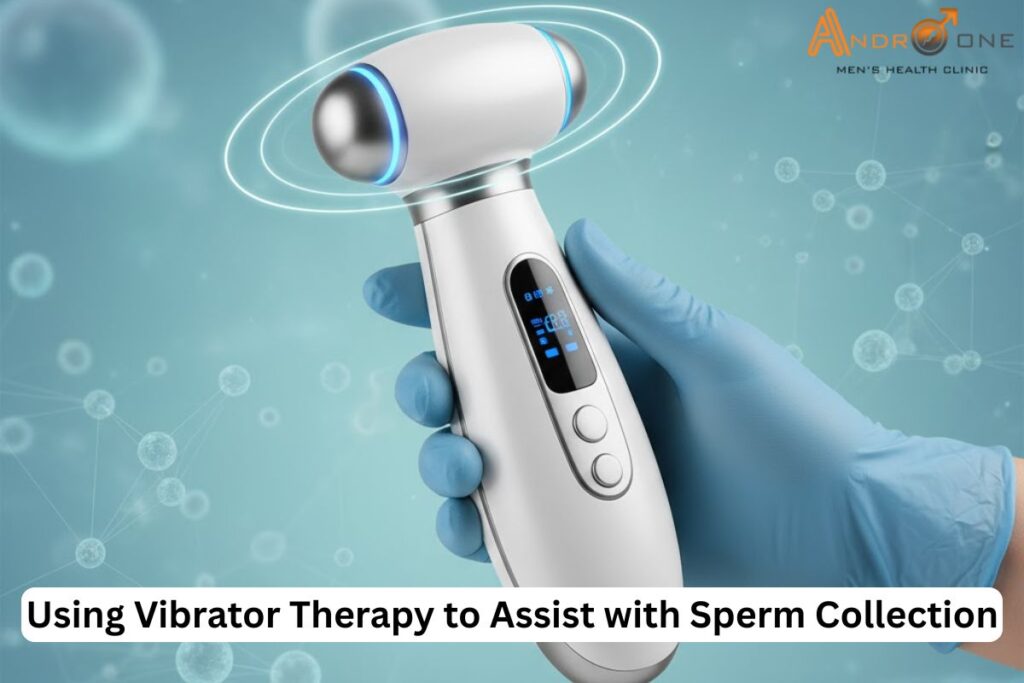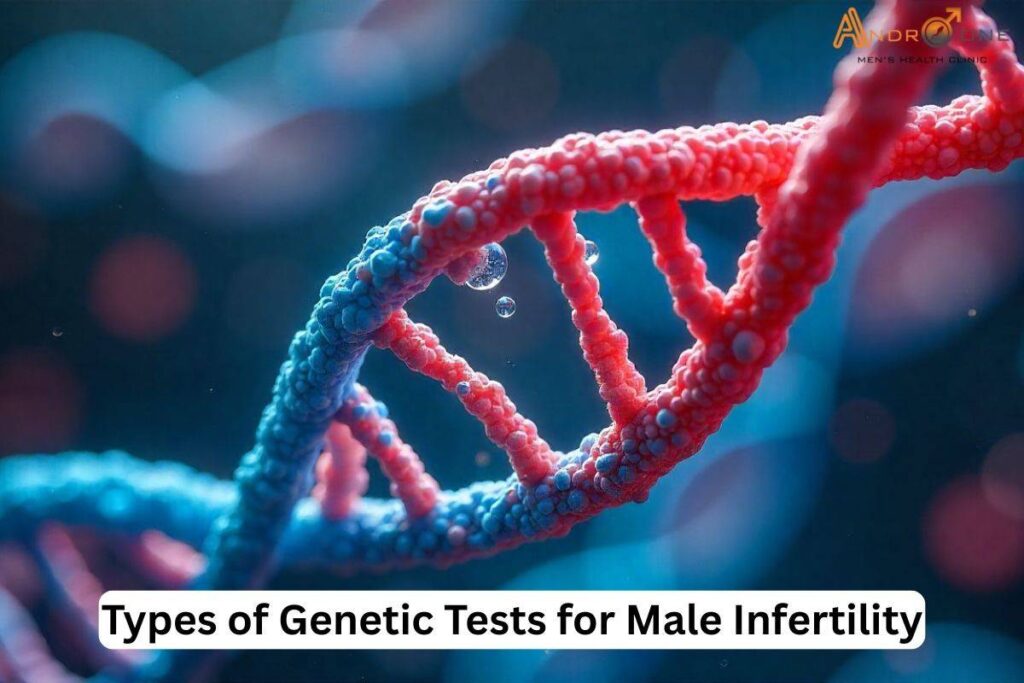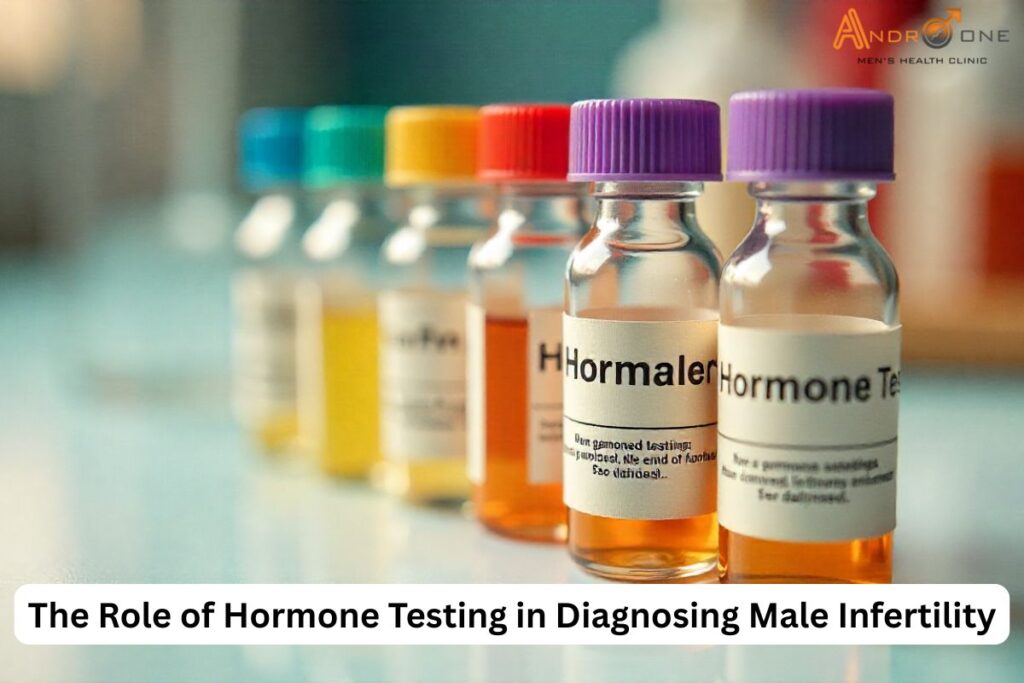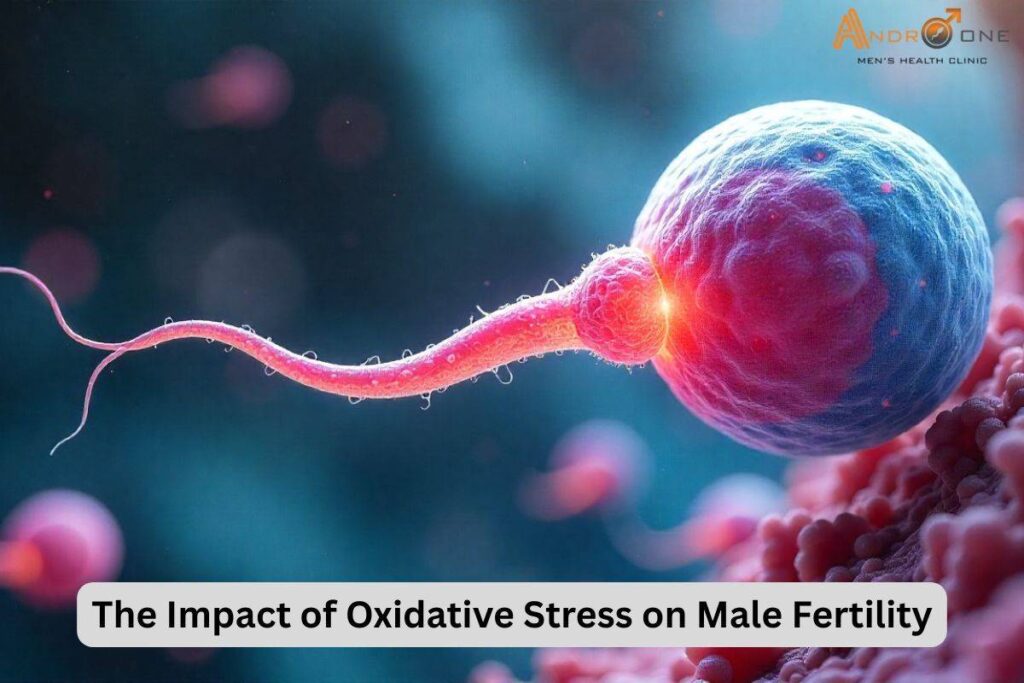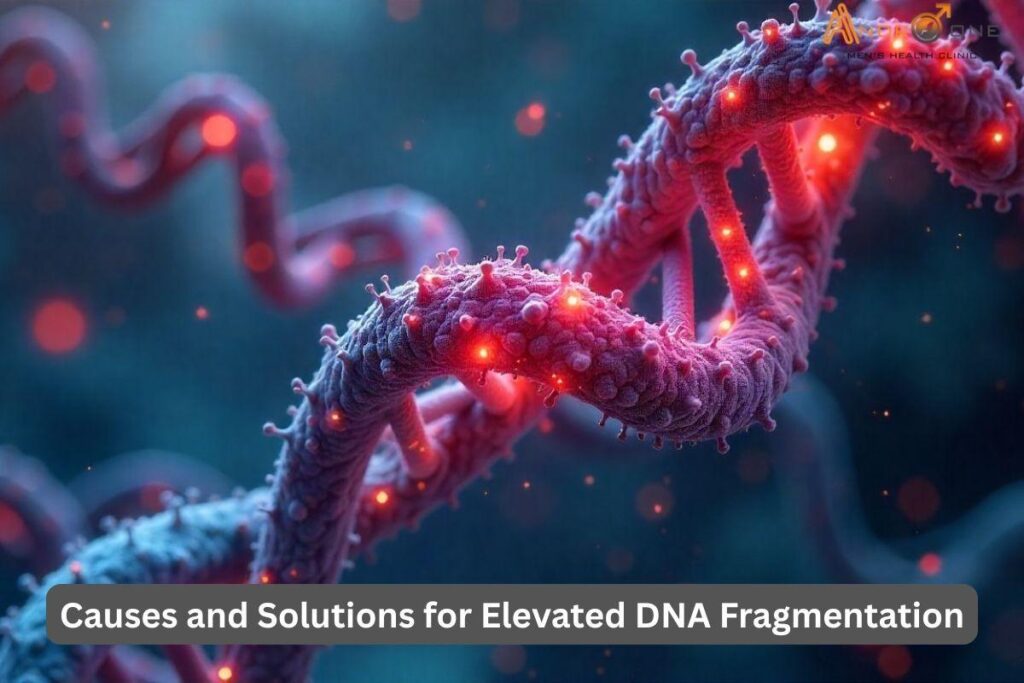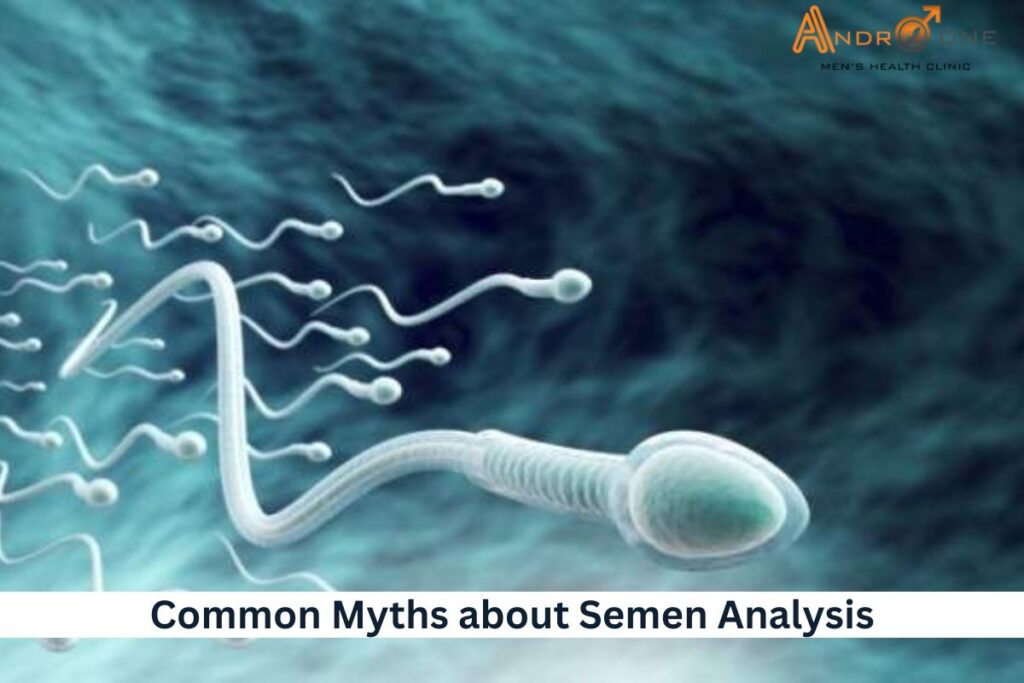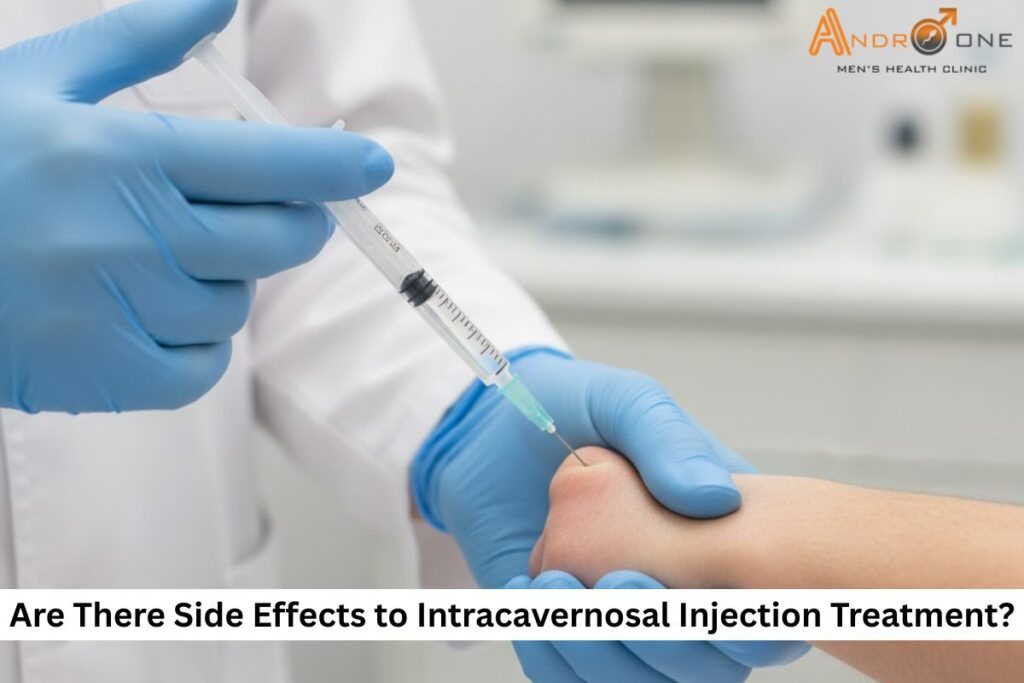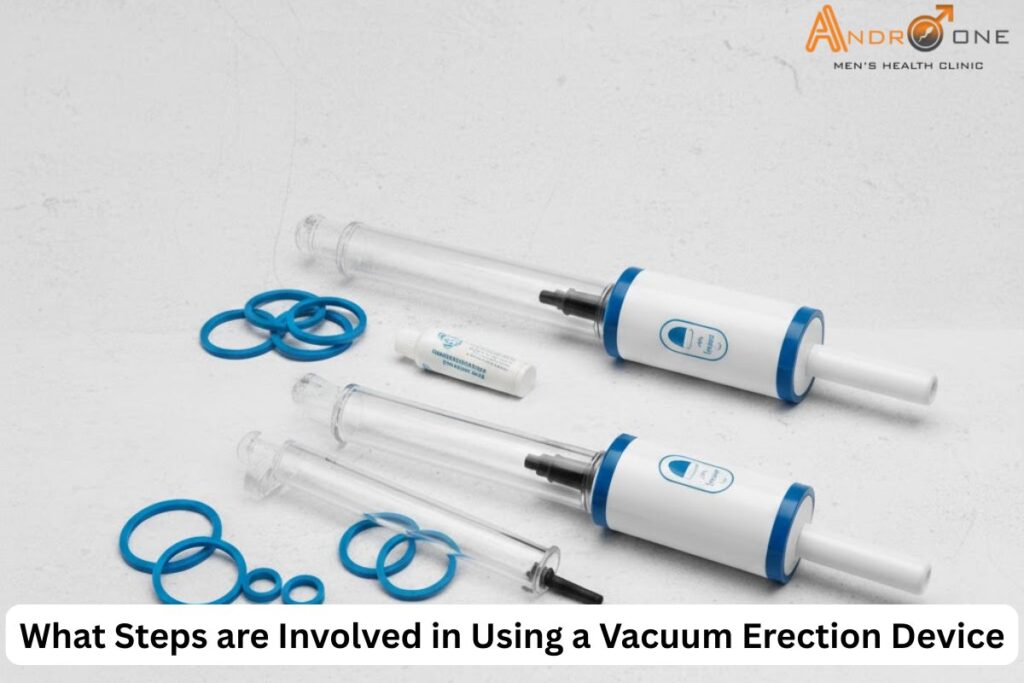Best Andrologist in Tamilnadu
Key Features of Computer Assisted Sperm Analysis Systems
Table of Contents Computer Assisted Sperm Analysis (CASA) is a computer-based system that precisely determines the count of sperm and the movement and shape of the sperm to determine the fertilizing capability of the sperm. A couple needs male fertility in order to conceive. Moreover, the Computer Assisted Sperm Analysis (CASA) system is useful in verifying sperm health, movement, and shape. This is a sophisticated instrument that the best andrologist in Salem utilizes to examine fertility issues. CASA is used to test sperm and is more precise to assess fertility because it is faster, more reliable, and more accurate. Understanding Computer Assisted Sperm Analysis (CASA) Computer Assisted Sperm Analysis system is a digital method of analysis of sperm samples through the use of high-level software and imaging technology. In contrast to manual techniques that rely on the visualization of sperm under a microscope, CASA is based on computer algorithms to evaluate the sperm movement, shape, and count. This is not only an improved way of enhancing accuracy but also minimized human error. Additionally, it also gives an in-depth report of the evaluation and this assists the fertility experts and the best sexologist in Namakkal design better treatment plans for the patients. CASA systems: Important features One of the strengths of C ASA is its capacity to provide an accurate assessment of sperm motility. It takes video frames and calculates the speed and straightness of the movement of sperm cells. This allows the experts to see if the sperm can get to the egg and be fertilized naturally. The shape and structure of sperms are also checked by CASA systems. The morphology of sperm has a significant role to play with respect to fertility because abnormal shape may influence the penetration of the sperm into the egg. Therefore, having an objective and clear analysis of the sperm shape, CASA makes sure to leave no detail out. Manual counting is time consuming and can be error-prone. This task is facilitated by CASA, which rapidly and precisely counts sperm cells in a semen sample. This allows for an easier determination of sperm density, which is important in the diagnosis of oligospermia or other fertility problems. CASA systems are characterized by high-resolution cameras, which record the movement of sperms at high frame rates. This characteristic gives the opportunity to study in more detail the motility patterns which are not visible to the naked eye. Moreover, one can store these images and refer and compare them in future. CASA gives the same results each time unlike manual analysis which might be different depending on the observer. This standardization assists the fertility professionals in comparing the data across visits and tracking progress following treatment. CASA system is capable of storing, controlling and producing instantaneous test outcome reports. The data may be disseminated safely to other medical practitioners or saved to undergo a long-term follow-up. It also assists a male infertility specialist to follow up progress and revise treatment plans successfully. The contemporary CASA systems are easily compatible with other laboratory management tools. This is used to enhance a smooth workflow between sample testing and report generation to enhance efficiency in busy fertility clinics and men’s sexual health clinic in Tamil Nadu facilities. Why is CASA important in male fertility evaluation? CASA gives great information beyond the conventional semen analysis. It is capable of detecting the minimal abnormalities which may interfere with the fertility of a man. Furthermore, it enables physicians to gauge the effectiveness of treatment better, particularly when lifestyle interventions or supplements are implemented to improve the health of sperm. However, this technology is also useful in determining the sperm functional problems associated with hormonal imbalances or low testosterone levels. In this situation, experts may prescribe a testosterone enhancing therapy in Namakkal to reestablish hormonal equilibrium and enhance the work of sperm. Moreover, CASA helps doctors to identify the primary cause of infertility, be it the count of sperm, its movement, or structure, enabling more individualized and effective treatment methods. Benefits of using CASA systems in male fertility evaluation The application of CASA provides a number of advantages, which contribute to its widespread popularity in current andrology and fertility laboratories. CASA does away with subjective errors that occur through manual observation giving uniformity in all test outcomes. Proper sperm evaluation is one of the effective methods that identify infertility problems in an early stage and, therefore, specialists can initiate treatment in a timely manner. Having precise sperm data, physicians can develop individual fertility therapy or hormonal treatment. The patients become confident in the process because the outcomes are objective and comprehensible. The CASA systems can be used to train medical students and undertake reproductive research, which can be used to enhance the general medical knowledge regarding male fertility. Additionally, the technology will help doctors in Men’s Sexual Health Clinics in Tamilnadu who are continuously striving to enhance the health outcomes of male reproductive health by diagnosing and providing specific treatments to the patients. Conclusion Computer Assisted Sperm Analysis (CASA) is a system that assists in verifying the health of the sperm correctly and within a short time. It provides straightforward outcomes in order to enhance fertility treatment. CASA is the preferred male infertility testing laboratory by the Best Andrologist in Salem and fertility specialists. Treatment of fertility can be done by visiting a men’s sexual health clinic in Tamil Nadu or undergoing testosterone boosting treatment in Namakkal. FAQs CASA is a computer-based application that quantitatively measures sperm count, motility and morphology. It will also give accurate sperm data, which will enable the doctor to diagnose fertility problems fast and accurately. Yes, CASA eliminates human error and provides uniform, detailed, and precise results of sperm analysis. Males with infertility or low sperm count should have CASA analysis for diagnosis.
Effectiveness of Vacuum Erection Devices in Male Sexual Health
Table of Content Key takeaways A vacuum erection device induces erections with the help of suction that draws blood into the penis. Generally, male sexual health is ignored due to hesitation and societal pressure. However, these disorders, such as erectile dysfunction, are too common, especially when age increases. Over the past years, VED has emerged as a non-surgical, inexpensive and efficient alternative for ED. Therefore, this modality is recommended by most specialists in men’s health including the best andrologist in Namakkal, in those cases when medicines either don’t work or result in side effects. What is a vacuum erection device? A vacuum erection device is a simple, external device that allows men to achieve and maintain erections. It consists of: Furthermore, it uses gentle vacuum pressure to draw blood into the penis, which helps it become firm enough for sexual activity. How does it work? A vacuum erection device is a non-invasive means to facilitate erecting and sustaining an erection. The core constituents of the device are a plastic tube that fits over the penis, a pump-manual or battery-operated-that removes air to create a vacuum, and at the base of the penis, a constriction ring that helps keep the erection. Here’s how it works: This device does not permanently increase the size of the penis but helps with erection function and can preserve penile tissue in certain settings. Additionally the best Sexologist in Salem will help you to get to know about male sexual health. Why do men prefer VEDs (Vacuum Erection Devices)? Some of the reasons VEDs are popular include: Besides, experts in andrology and men’s health in Tamil Nadu often recommend the use of VEDs as part of the recovery plan. Effectiveness and real-life results VEDs, when applied correctly, have proved to be effective in over 80% of the cases. Their success is based on practice, guidance, and patience. Advantages evident to users: However, different people react differently. To some, it may be a little awkward initially to use, but under proper guidance with the help of a male infertility specialist, the device mostly becomes easy to operate. When to consult a doctor? While VEDs are safe to use, it is advisable to consult a doctor prior to using them if you have any of the following conditions: Moreover, a doctor will be able to advise on the proper device, teach the right usage, and verify whether it suits your health condition. Possible side effects and safety tips Like all treatments, VEDs also have some minor side effects, which are usually temporary and easily manageable. Common Side Effects: Safety Tips: Conclusion The effectiveness of vacuum erection devices in male sexual health has been very well recognized in both clinical studies and in everyday applications. These are harmless, inexpensive options for men with erectile dysfunction and are also pharmaceutical-free. Therefore, with proper usage integrated with adequate medical advice, such as by the Best Andrologist in Namakkal, men can regain their confidence and perform better in intimate relationships. Vacuum Erection Devices are not only a treatment but also a step toward better physical and emotional health. If someone is facing ED or related issues, it is always better to seek help rather than suffer in silence. FAQs A vacuum erection device helps create an erection by using suction to increase blood flow to the penis. Yes, it is generally safe when used correctly and under medical guidance, with minimal side effects. With proper use of the vacuum device, an erection should occur within 2 to 5 minutes. Yes, it is, especially for men who cannot take any medicines, but doctor consultation is important before using it. No, the effect is temporary. It lasts while the tension ring is placed at the base of the penis.
Step-by-Step Guide to Intracavernosal Self-Injection
Table of Contents Key takeaways Intracavernosal injection is a treatment whereby medication is injected into the penis to aid in an erection. Intimacy is essential for emotional and physical well-being. Unfortunately, there are various medical or psychological causes of sexual dysfunction, where men can either not attain an erection or do not sustain it for an appropriate amount of time. In such scenarios, physicians sometimes recommend intracavernosal self-injection therapy for relief. However, this method seems daunting at first, but once taught and practiced properly, it becomes easy and safe. If one feels apprehensive, consulting the best andrologist in Salem could be a good start towards understanding one’s condition better. What is Intracavernosal Injection? Intracavernosal injection refers to the administration of medication into the base or lateral aspect of the penis. This promotes blood flow to this area and results in an erection. It is generally indicated in conditions of erectile dysfunction refractory to the use of tablets or other treatments. While this procedure involves the use of a needle, it is generally quick, not painful if performed properly. When is this method recommended? This therapy may be advised by doctors in the following cases: Additionally, a specialist from a sexual health information clinic in Tamil Nadu can give detailed advice in context with the patient’s particular case history. Preparing for the injection Proper preparation is necessary for safety and success. Prepare for the administration by following these steps: Intracavernosal self-injection: easy guide Following is a few easiest steps that help you to know about Intracavernosal self-injection: Step 1: Cleanse and Sanitize Wash your hands with soap and water. Then, use an alcohol swab to clean the injection site on the penis. Step 2: Prepare the Syringe Make sure there are no air bubbles inside Step 3: Select the Site of Injection Choose either the left or right side of the penis shaft. Try to avoid obvious veins, the top, and bottom middle. Rotate sides every time to prevent any injury. Step 4: Administer the Medication Step 5: Apply Pressure After taking out the needle, press a cotton swab on the site for about 2–3 minutes. This will help stop the bleeding and avoid bruising. Tips for a safe experience Here are some tips to help make the process smooth and hassle-free: In case of pain or swelling, treatment should be stopped and a specialist consulted. Furthermore, a person in doubt about the technique can have more information from discussing with the best sexologist in Namakkal for clear instructions and confidence. Possible side effects Although this method is safe when performed correctly, some mild side effects may occur: Side Effect What It Means Mild Pain Slight discomfort at the injection spot Swelling Due to minor tissue reaction Bruising Small marks which fade in a few days Prolonged Erection Lasting more than 4 hours, needs medical attention However, one should not ignore severe pain or bleeding or infection. When to seek help? It is necessary to consult a doctor if: Conclusion Therefore, intracavernosal self-injection is a very effective treatment for erectile problems if done properly. It may initially appear daunting, but once done a couple of times, it becomes relatively easy and comfortable. With proper guidance, safe practices, and consultations, men can regain their confidence and intimacy in life. Additionally, consistent follow-ups with the Best sexologist in Namakkal or any expert doctor will keep one on the right track of safety and effectiveness during treatment. FAQs Mild discomfort may be experienced, but with good technique, it is mostly painless. The erection usually lasts between 30 minutes to one hour. Yes, with proper training and guidance from a healthcare professional. Do not inject more than once in 24 hours. If it lasts longer than four hours, seek immediate medical help.
Types of Genetic Tests for Male Infertility
Table of Contents Key takeaways If you’re dealing with infertility, genetic testing can reveal important causes behind it. In this blog, you’ll learn about different genetic tests for male infertility and why visiting the men’s sexual health information clinic in Tamil Nadu or experts like the best andrologist in Salem and Best Sexologist in Namakkal can help. Why does genetic testing matter? Genetic testing is important as it can identify a hidden reason for male infertility that may not be detected by routine tests. For instance: Therefore, genetic testing is a good step to take, particularly if regular tests haven’t left any clear answers. Key types of genetic tests Below are the most important genetic tests applied to male infertility. I describe each in simple terms, what it tests for, and why it is used. 1.Chromosome Analysis (Karyotyping) 3.CFTR Gene Mutation Testing When should you consider genetic testing? The following are some scenarios where genetic testing is a good idea: Moreover, as part of a comprehensive assessment at a specialist centre like the Men’s Sexual Health Clinic in Tamilnadu, under the direction of a best andrologist in Salem or the best sexologist in Namakkal. Remember always: genetic counselling is extremely crucial prior to and subsequent to testing. Testing can have results that influence not only fertility but health, and perhaps children. What the test results mean & next steps? Understanding results: Next steps following results: Conclusion Finally speaking, genetic testing provides important information about male infertility. From chromosome testing, Y-chromosome microdeletions, CFTR gene test, sperm DNA quality or aneuploidy testing, to complex gene panels, all have their role. If you are going through infertility, getting to a good specialist is essential — either a men’s sexual health clinic in Tamil nadu, or seeing the Best Andrologist in Salem or Best sexologist in Namakkal. Therefore, with good evaluation, you can get answers, decide on the next steps and feel empowered. Keep in mind: each case is different, and with kindness and guidance you can proceed with clarity. FAQs Q1: What is genetic testing for male infertility? It finds genetic causes of problems in sperm production and fertility. Q2: When should males consider seeking genetic testing? When the sperm count is low or no sperm is detected naturally. Q3: Is treatment available for genetic infertility? Medical treatments or assisted reproductive technologies can manage certain causes.
The Role of Hormone Testing in Diagnosing Male Infertility
Table of Contents Key takeaways Male infertility happens when a man’s reproductive system has problems with sperm production, quality, or delivery, hindering conception. Male infertility is increasingly a problem for couples seeking to conceive. Although most people believe infertility is primarily a women’s problem, men contribute to nearly half of all cases of infertility, according to studies. Moreover, one of the prominent causes of male infertility is hormonal imbalance. Hormone testing is an important step to discover the precise cause of this problem. If you are facing fertility issues, a consultation with the best andrologist in Namakkal can make you aware of your hormonal status and guide you with the proper treatment. Understanding male infertility Male infertility occurs when a man’s sperm count, sperm mobility, or sperm quality is impaired. It may also result from blockages in the reproductive tract or issues with ejaculation. In most cases, though, the cause is hormonal imbalance. Hormones are like messengers that regulate sperm production and reproductive function in general. When they are out of balance, fertility problems ensue. There are many reasons why men may not be fertile, including: However, knowing the cause is the initial step towards the correct treatment. That’s where hormone testing is critical. Importance of hormones in male reproductive health Hormones are similar to the body’s control system. They oversee many functions, such as sperm production and sexual well-being. For males, healthy functioning sperm are produced by the testicles when in balance. When the body has an imbalance, it will not make as much sperm as it should, or the sperm will malfunction. Additionally, sexual desire impacts mood and energy levels, which are also governed by hormones. Thus, even a minor disruption can impact physical and emotional health. Detection and rectification of such imbalances can be one reason to approach a male infertility specialist in India. Key hormones involved in male fertility Knowing which hormones impact fertility can facilitate an understanding of why testing should be done. Here are the most important hormones responsible: Therefore, all these hormones are interdependent. An imbalance in one can upset the entire reproductive system. How hormone testing helps in diagnosing male infertility? Hormone testing is an easy but effective method that gives significant information about a man’s reproductive well-being. The test typically includes a blood test that checks the levels of most important hormones. Here’s how hormone testing assists: Moreover, for males in Tamil Nadu, consulting the best sexologist in Salem can be a great move towards obtaining appropriate hormone testing and treatment. When should you go for hormone testing? You should get hormone testing if: Furthermore, doctors usually recommend a hormone test along with a semen analysis to get a complete picture of your reproductive health. Interpreting hormone test results Once your test results come in, your doctor will explain what they mean. For example: Every result assists in knowing where the issue lies and what kind of treatment will be most effective. Treatment options after hormone diagnosis Having determined the reason behind hormonal imbalance, the other option is to initiate treatment. The method varies depending on which hormone is involved and how severe the problem is. These are some of the prevalent treatment options: Therefore, every treatment procedure is tailored to fit a specific individual, since no two infertility cases are the same. Emotional and mental health support Infertility can be psychologically taxing for men. It might result in anxiety, stress, or loss of confidence. It is not easy for many men to discuss it, but emotional well-being is as significant as physical well-being. Additionally, joining support groups, discussing it openly with your partner, or consulting professional counselors may ease emotional burden. Furthermore, healthy mental well-being may also help facilitate improved hormonal balance. Conclusion Hormone testing is the most crucial procedure in diagnosing and managing male infertility. It determines the source of reproductive problems and helps establish optimal treatment approaches. With the aid of advanced medical technology and skilled specialists, most hormonal issues can be treated effectively. However, if you or your partner are experiencing fertility issues, then visit the best andrologist in Namakkal or a male infertility specialist in India for suitable guidance. Early diagnosis and the appropriate treatment can make a huge difference in regaining fertility as well as confidence. FAQs It assists in detecting hormonal imbalances that influence sperm production, sexual function, and reproductive health in general. Most results of hormone tests are ready one to two days after taking the blood sample. Not necessarily. With the right diagnosis and treatment, hormonal imbalances can usually be properly corrected.
The Impact of Oxidative Stress on Male Fertility
Table of Contents Oxidative stress occurs when toxic molecules (free radicals) overwhelm the body’s antioxidants, damaging cells and sperm. Numerous men and couples are beset by fertility issues and are not certain what is affecting it. One rarely considered factor is oxidative stress. However, in this blog we discuss the effects of oxidative stress on male fertility in simple, easy-to-understand terms. We shall also recommend you when to approach a competent expert—whether you want the best andrologist in Salem or a male infertility expert. What is Oxidative stress? Oxidative stress is a state where there’s an imbalance between negative molecules known as reactive oxygen species (ROS) and the body’s capability of countering them with antioxidants. In normal quantities, ROS are a normal part of cell function, even sperm function. But when ROS become too high, they can harm major parts such as lipids, proteins and DNA in sperm. Therefore, oxidative stress may be an insidious but important contributor to male fertility problems. How Oxidative Stress affects male fertility? Following are some of the direct ways oxidative stress affects reproductive health in men: However, oxidative stress has the potential to compromise many components of sperm health and male fertility potential. Common causes of Oxidative stress in men Knowledge of what causes oxidative stress assists in prevention and management. Some of the common causes: Above these causes help you to maintain healthy habits to prevent such issues. Signs and diagnosis of Oxidative stress–related fertility issues While oxidative stress itself is not necessarily ever directly seen, there are signs and diagnostic measures: Signs may be: Diagnostic tests: Since oxidative stress is involved in most so-called “idiopathic” (unexplained cause) male infertility, identification of this factor is significant. Managing and reducing Oxidative stress The better news: there’s much you can do to lower oxidative stress and enhance your fertility potential. Here are doable steps: Additionally, if you are addressing other sexual health issues—e.g., you are seeking the best sexologist in Namakkal or researching premature ejaculation treatment in Salem, these might overlap with more general male reproductive health. In some cases hormone levels (such as testosterone) come into play, so if you are having testosterone boosting treatment in Salem, it makes sense to have a complete work-up including oxidative stress and sperm health. When to consult a specialist? If you face any of the below, it’s time to seek the advice of a specialist: Furthermore, a complete fertility evaluation by a male infertility specialist provides clarity. They are able to assess oxidative stress, semen parameters, hormone profile, lifestyle and suggest targeted treatment. Conclusion Finally, oxidative stress can destroy male fertility by damaging sperm and reducing semen quality. The good news is that healthy habits, antioxidants, and professional advice can make a significant difference. If you’re dealing with fertility problems, you should meet the top andrologist in Salem or male infertility specialist. Additional concerns such as premature ejaculation cure in Salem, testosterone enhancement treatment in Salem, or consultation from the top sexologist in Namakkal can also aid in overall reproductive wellness. By proper management and lifestyle modification, you can resume balance and move closer towards becoming a father naturally. FAQs Q1: Can oxidative stress completely prevent natural conception? Not always totally, but it may go a long way to eliminate the possibility of conception by destroying sperm function. Early treatment is effective. Q2: Are antioxidant supplements sufficient to reverse oxidative stress? Supplements assist, but are most effective when combined with improving lifestyle and treating underlying reasons (infection, inflammation, hormonal imbalance). Q3: How long does it take to notice improvement after treating oxidative stress? The life cycle of sperm is approximately 2-3 months, hence you can observe semen parameter changes within 3-6 months of regular healthy lifestyle and treatment.
Causes and Solutions for Elevated DNA Fragmentation
Table of Contents Key takeaways Male fertility relies on many factors, and the most important one is sperm DNA quality. When sperm DNA is fragmented or damaged, it is known as DNA fragmentation. Excessive DNA fragmentation can make it harder for a couple to conceive naturally or even with the assistance of assisted reproductive technologies. The good news is that this condition can be corrected with proper care, medical advice, and lifestyle modification. Consulting the best andrologist in Salem can find the root cause and suggest the optimal solution. Understanding DNA fragmentation in men Sperm DNA holds the genetic information to produce a healthy embryo. But when the DNA in sperm is fragmented or damaged, it can lead to issues like: Even if sperm count and motility are normal, excessive DNA fragmentation can silently erode fertility. Therefore, it is important to understand what causes it and how to fix it in order to improve reproductive health. Common causes of elevated DNA fragmentation There are numerous reasons for damaged sperm DNA. Let us discuss the most common ones: One of the primary reasons is oxidative stress — a disequilibrium between free radicals and antioxidants in the body. Smoking, alcohol consumption, pollution, and unhealthy eating elevate free radicals, which can damage sperm cells. A varicocele is swelling of the veins within the scrotum. It raises the temperature around the testes, impacting sperm production and causing DNA damage. Infections in the reproductive tract like prostatitis or sexually transmitted infection, can produce inflammation and toxins to harm sperm DNA. Moreover, all contribute to increased DNA fragmentation. Exposure to pesticides, radiation, heavy metals, or certain chemicals in the environment damages sperm DNA. Males exposed to high-temperature or industrial environments are more at risk. The quality of sperm declines with age, and DNA damage is more common as men age. Fever and chronic disease lower body temperature for short periods, which can harm sperm DNA. Furthermore, understanding the reasons helps in taking preventive measures and choosing the right treatment. Effective solutions and treatment options Elevated DNA fragmentation isn’t always permanent. Proper counseling and treatment can reduce it or even reverse it in the majority of cases. Below are the most optimal solutions: Doctors normally prescribe antioxidants like Vitamin C, Vitamin E, Coenzyme Q10, and zinc. These vitamins and minerals reduce oxidative stress and repair the damaged sperm DNA. However, if the cause is varicocele, surgery may be advised to restore proper blood circulation and lower testicular temperature. Where infection is the cause, anti-inflammatory drugs or antibiotics may be helpful. Early treatment prevents further damage to sperm. To infertile couples, new technologies like ICSI (Intracytoplasmic Sperm Injection) might be helpful. It allows the healthiest sperm to be chosen for insemination, increasing the chance of pregnancy. Sometimes, hormonal imbalances can impact sperm quality. Your doctor may run hormone tests to check testosterone, FSH, and LH levels, then prescribe appropriate medication. Furthermore, visiting a men’s Sexual Health Clinic in Tamil Nadu can provide the right medical support and testing to identify which treatment works best for your case. Lifestyle changes to improve sperm health Along with medical help, simple daily changes can bring a big difference to sperm quality. Moreover, all these support sperm development and healing. Exercise regularly to increase blood flow and hormone levels. Exercise, though, should not be overdone or in conditions that are hot, such as saunas, which harm sperm. Alcohol and tobacco produce free radicals that kill DNA. Reducing or eliminating them can significantly improve sperm health. Too much stress affects hormones and speeds up oxidative stress. Try meditation, yoga, or deep breathing to relax the body and mind. Poor rest affects hormone balance and sperm production. Sleep 7–8 hours a night. Avoid having laptops on your lap for long periods or tight-fitting underwear. Both can raise testicular temperature and lower sperm quality. More frequent visits to the sexual health information clinic in Tamil Nadu will catch issues early and maintain reproductive health. When to visit a specialist? You should see a doctor if: Therefore, your fertility specialist or best sexologist in Namakkal may perform tests like the Sperm DNA Fragmentation Index (DFI) to check the quality of the sperm. Based on the findings, they will give customised treatment plans. Proper treatment plan and early diagnosis can play a major role in your journey to parenthood. Conclusion Excessive DNA fragmentation may look alarming, but don’t worry just yet. With proper diagnosis, management, and lifestyle modification to healthy practices, quality of sperm can significantly be enhanced. Eating well, regular exercise, and stress control go a long way in ensuring reproductive health. Furthermore, if you and your partner are facing infertility problems, a consultation with the best andrologist in Salem may be the start of a healthy solution. Taking fast action, expert advice, and a positive mindset can bring harmony and improve the chances of a successful pregnancy.

